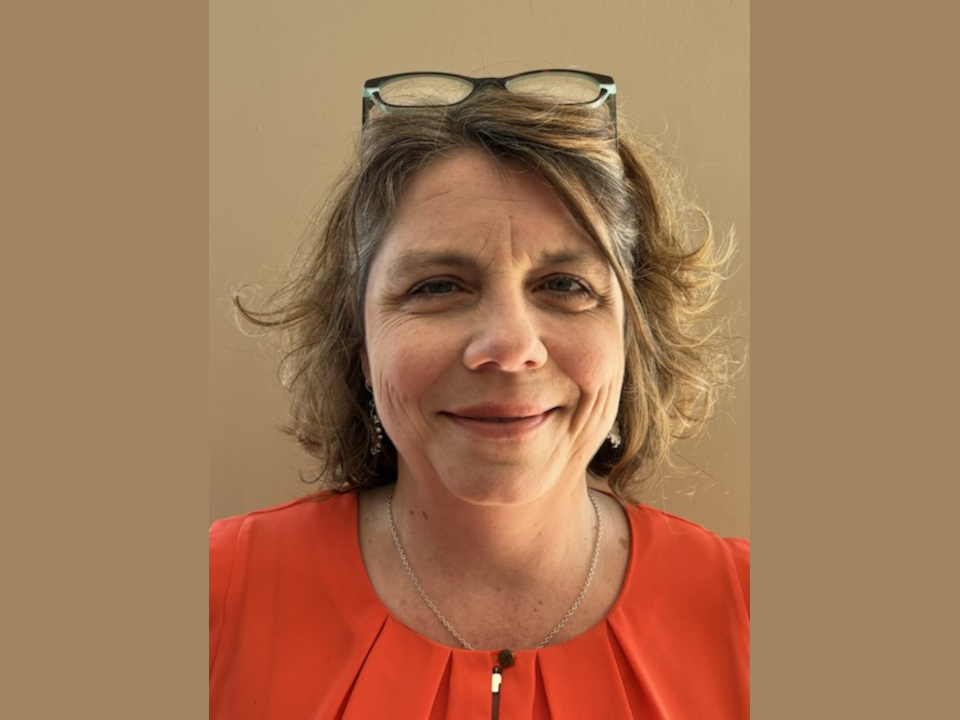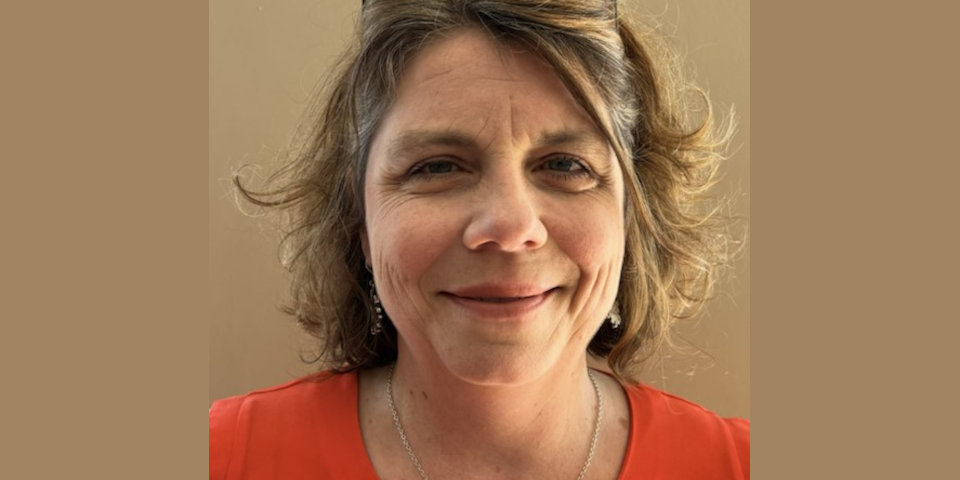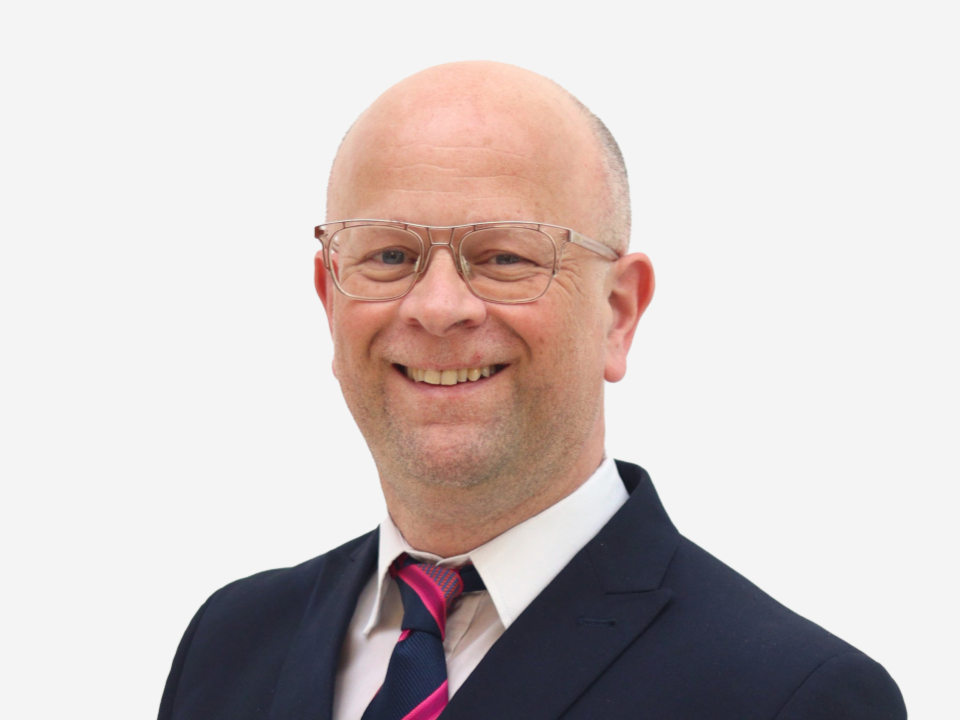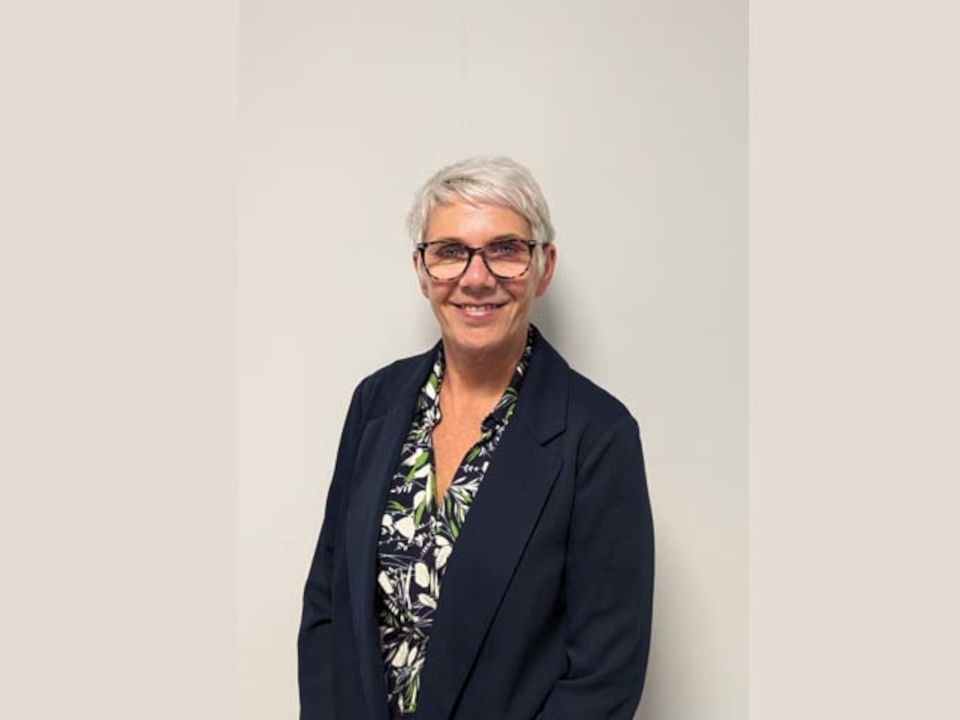
Nicola Curley
Chair of the Workforce Policy Committee and
Vice Chair of the Yorkshire and Humber region
Strategic Director of Children and Young People's Services
Rotherham MBC
I am writing this blog as I recover from three intensive weeks of an Area SEND Inspection – I’m still a bit tired, but also immensely proud of all the professionals in our complex system in Rotherham who came together to share what we have been doing in the last three years to try and improve services for our children and young people in this area.
It was a particularly interesting challenge as both the inspectors and the inspected were well aware of the contradictions and dissonance between the inspection framework, as it is currently written, and the reality of legislation, policy and practice on the ground. Whilst there is welcome reflection from the Ofsted’s Big Listen that the Area SEND framework is to be reviewed because of the level of disconnection and the recognition of the “broken system”, there has been no pause in inspection activity itself and LA and ICB colleagues remain entirely responsible for the good, bad and indifferent in our local system.
But inspection is also a uniquely privileged scenario, where as a DCS, you receive an external view of all the very best examples of the work everyone has been doing, despite those challenges. I was able to spend much more time than usual with my fabulous Parent Carer Forum chair (Jayne, you are a complete marvel!) and heard the detail of the Forum’s work with the region, and nationally, as well as all the things I know they do in Rotherham.
I have been immersed in many positive examples of the work our most inclusive schools have been modelling for others, and the difference even relatively small changes to classroom environments can make for many pupils with SEND. I was also impressed to see how local health colleagues have grappled with the impossible conundrum of limited resource versus ever growing demand and feel even more strongly about the need to advocate for the voice and needs of our children and young people in the national health arena.
The new government has talked a lot about how important prevention and early help are to children’s services, and this has been a welcome reflection of what we have all known for some time. The reality is that adequately meeting the education, health and care needs of children and young people whilst they are still children would also be a huge prevention tool when we look at the increasingly serious challenges in adulthood around mental health, unemployment affected by long-term health conditions and the huge impact on the NHS of preventable chronic conditions often exacerbated by poverty and deprivation. Morally, it is long past time that children and young people received their fair slice of the pie from wider government budgets, but it also makes complete sense from a resource and finance perspective as well.
The very, very best of the inspection was the opportunity it gave our amazing children and young people to talk directly to inspectors and explain what they think is and isn’t working with the SEND system. As I am sure you can imagine, they were pretty forthright on a whole range of issues, but their biggest question back to us and to government was – what happens at age 25?
It is a very good question and one that needs a proper answer as we ponder together how we move forward with reforms in this most complex of spaces.




